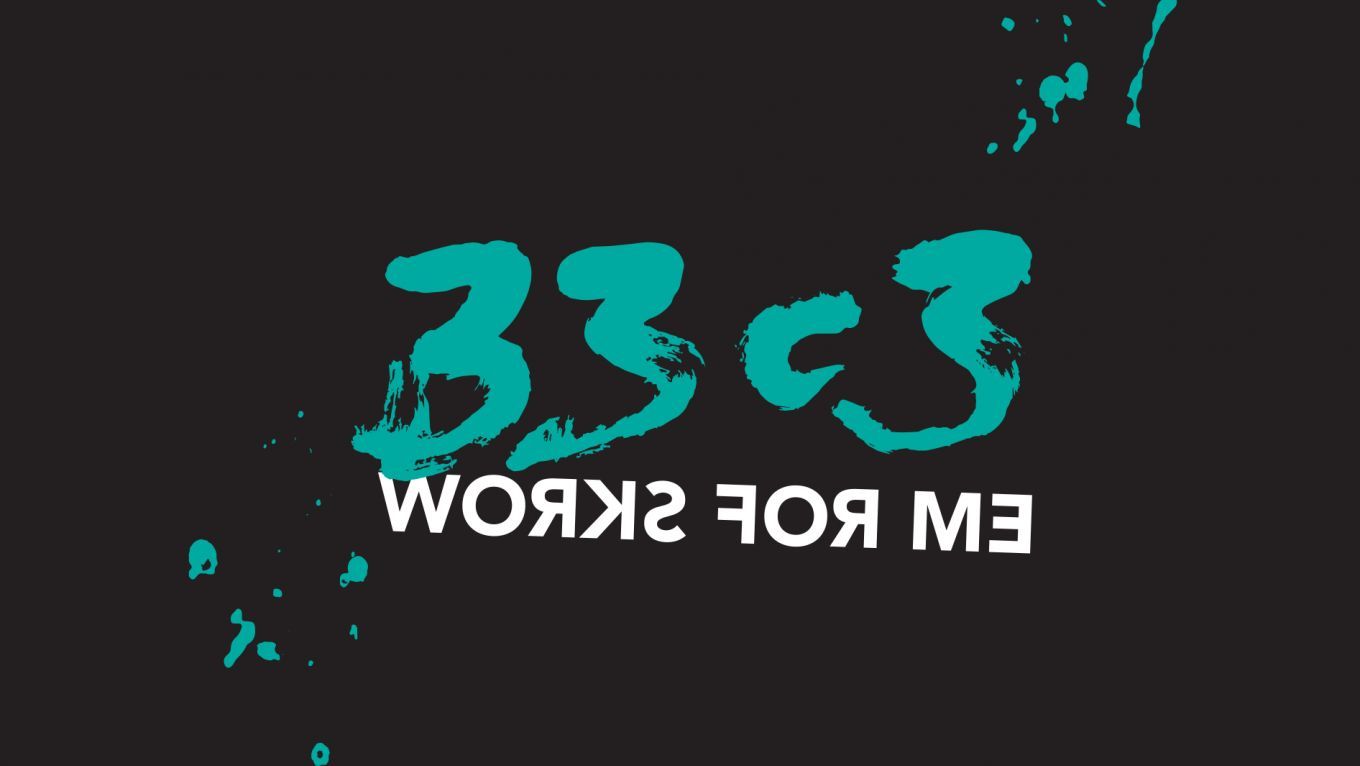Science
Hacking collective as a laboratory
Hackers' knowledge studied by sociologist of science
Talk presents findings from sociological investigation on hacking collectives. I will try to answer the question whether hacking collectives are laboratories, as seen by sociology of science. I will also show some peculiar traits of hacking collective, beneficial both for sciences and societies. Perhaps academia needs hackers more than it’s willing to admit?
Someone said: “Give me the laboratory and I will raise the world!” and sociologists of science are still easier found in laboratories than in libraries. Laboratories discover or co-create almost every part of modern lives: starting from material issues, through health, energy and computers.
First part of the talk will review some findings from studies of laboratories conducted by sociologists. We will see how certain elements of hacking ethos could be reprised in CERN or energy lab. I will also show some findings about well recognized effects in science, which are also valid in the open-source communities. Perhaps actual details of science resembles hacking more than hackers suspect?
Second part will focus on comparisons between knowledge about laboratories and results from my study of hacking communities. I will try to compare hacking and scientific roles of fact, error and humour. We will see how sociology uses term “black box” and how social history of sexual diseases might help us to untangle some discussions in IT security.
Third part wil briefly focus on the possible futures of formal laboratories, hacking collectives and other social institutions. I will discuss how ethical stances on hacking knowledge might rescue academic knowledge from itself.I will show how hacking collectives fit into some frameworks shaping near future of science. How hackers are necessary in coming data revolution? Why do we need instabilities?
Additional information
| Type | lecture |
|---|---|
| Language | English |
More sessions
| 12/27/16 |
What are the politics and aesthetics of mapping? An introduction how cartography shapes cities and landscapes, creates borders and determines the perception of our environment. How an evolving mix of high-resolution satellite imagery, algorithm-based mappings and the huge amount of data of digitized cities will enhance these effects? And in contrast, how can maps be designed, that question the “objectivity” and “correctness” of conventional cartography?
|
| 12/27/16 |
Artificial intelligence and machine learning are in a period of astounding growth. However, there are concerns that these technologies may be used, either with or without intention, to perpetuate the prejudice and unfairness that unfortunately characterizes many human institutions. We show for the first time that human-like semantic biases result from the application of standard machine learning to ordinary language—the same sort of language humans are exposed to every day. We replicate a ...
|
| 12/27/16 |
Legend has it that most airline pilots will at one time have uttered the sentence "What's it Doing now?", whenever the autopilot or one of its related systems did something unexpected. I will be exploring some high-profile accidents in which wrong expectations of automation behaviour contributed to the outcome.
|
| 12/28/16 |
Jeder weiß ungefähr was ein Mikroskop ist und vielleicht hat man auch mal davon gehört das da immernoch dran geforscht wird – Stichwort Hochauflösungsmikroskopie (Nobelpreis 2014 in Chemie). Es gibt deutlich mehr Mikroskope in der professionellen Forschung als es Teleskope gibt, deutlich mehr – und da könnte man sich jetzt fragen: "Warum sehe ich so viele Bilder von Sterne, aber kaum Mikroskopiebilder von öffentlichen Einrichtungen und Stellen?". Um diese Frage zu beantworten will ich ...
|
| 12/28/16 |
Physicists are not computer scientists. But at CERN and worldwide, they need to analyze petabytes of data, efficiently. Since more than 20 years now, ROOT helps them with interactive development of analysis algorithms (in the context of the experiments' multi-gigabyte software libraries), serialization of virtually any C++ object, fast statistical and general math tools, and high quality graphics for publications. I.e. ROOT helps physicists transform data into knowledge. The presentation will ...
|
| 12/28/16 |
The Anthropocene is widely understood to mean the current <em>"period of Earth's history during which humans have a decisive influence on the state, dynamics and future"</em> of this planet. For several years, scientists in the <a href="http://quaternary.stratigraphy.org/workinggroups/anthropocene/" title="Website of the Working Group on the 'Anthropocene' (AWG)">Working Group on the 'Anthropocene' (AWG)</a> have <a ...
|
| 12/28/16 |
Applied IT security is largely a science-free field. The IT-Security industry is selling a range of products with often very questionable and sometimes outright ridiculous claims. Yet it's widely accepted practice among users and companies that protection with security appliances, antivirus products and firewalls is a necessity. There are no rigorous scientific studies that try to evaluate the effectiveness of most security products or strategies. Evidence-based IT security could provide a way ...
|

